The Future Leaders Awards program is brought to you in partnership with PointClickCare. The program is designed to recognize up-and-coming industry members who are shaping the next decade of senior housing, skilled nursing, home health and hospice care. To see this year’s future leaders, visit https://futureleaders.agingmedia.com/.
Emina Krajina, director of Friendship Village at Home, has been named a 2021 Future Leader by Home Health Care News.
To become a Future Leader, an individual is nominated by their peers. The candidate must be a high-performing employee who is 40-years-old or younger, a passionate worker who knows how to put vision into action, and an advocate for seniors, and the committed professionals who ensure their well-being.
Krajina sat down with HHCN to talk about the personal experience that led her into the geriatric care space, how home health patients are becoming more acute and the value of creative thinking.
HHCN: What drew you to this industry?
Krajina: By trade, I am a registered nurse. After obtaining my nursing degree, I did bedside nursing, which allowed me to strengthen those clinical skills. But what really drew me to this line of industry was my parents.
I was raised by older parents. Let’s just say that they were in their late 40s when they had me. My parents were the same age as most grandparents, when I was growing up. What that meant was I became their primary caregiver when I was a teenager. My mother was diagnosed with Alzheimer’s dementia early in her life. It was my job to research and locate as many resources as I could, to be able to help her. I also had to learn how to help my dad understand and cope with her disease process.
That’s how I kind of got into this line of industry. For the last 15 years, I’ve been in senior living. I’ve been in the home health industry, too, for about three years. That’s how long I’ve been here at Friendship Village.
I’ve learned to use that personal experience because it’s hard. Most families, just like it was for mine at first, they have no idea. Being able to utilize my resources and my knowledge to inform families on how to deal with Alzheimer’s dementia, in particular, is rewarding.
What’s your biggest lesson learned since starting to work in this industry?
Again, I’ve been in the industry for about 15 years. My journey started as a nurse in the acute setting. Shortly after that, I realized, “Nope. Geriatrics is where I want it to be.” I felt like that area is where I could make the biggest difference. Geriatric care was simply my calling. I’ve been in the geriatric setting for the past decade or so and absolutely love it.
So that has personally been my biggest lesson learned: my love for this space.
If you could change one thing with an eye toward the future of home-based care, what would it be?
If there was one thing that I could change in home health care, and maybe this kind of goes hand in hand with senior living, in general, it would be the perception the broader population has about home health and aging. Most people refer to senior living communities as nursing homes. And that’s not accurate.
With home health, people are misinformed about the qualifications and resources home health has to offer. We are a one-stop shop that can assist patients and families in a variety of ways. We can help them recognize the most appropriate plan of care so they can live their best possible life, whether that’s implementing nursing interventions at home or something else — therapy, education, social services, simply assisting them with placement. Whatever it is that they’re needing, home health can accommodate.
What do you foresee as being different about the home-based care industry looking ahead to 2022?
Great question! Well, 2020 and 2021 have been challenging years. I think 2022 will be challenging as well, but for different reasons. I think we will see an increase of patients needing home health services, but these patients will be higher acuity. Home health agencies will be required to work extra hard to meet the needs of these patients.
And I do foresee an increase in managed care plans versus traditional Medicare in upcoming years, too.
In a single word, how would you describe the future of home-based care?
“Innovative.” Home health agencies must use their creative-thinking skills in order to meet the needs of their patients. Every patient is different. As a team, we have to see what no one else sees, so we can do something different about it. That’s why I say innovative.
What quality must all future leaders possess?
I think I’d say realistic thinking. Realistic thinking leads us to excellence in leadership. Facing the reality with management and defining targets, then developing a plan on how to implement goals, is critical.
If you could give advice to yourself looking back to your first day in the industry, what would it be and why?
I’d say to myself, “Stick to your original thoughts and instincts. Because those feelings will help you get to where you want to go.” Along those lines, I’d also tell myself to invest more time with creative thinkers. Maybe that’s participating in more seminars or webinars, or just investing in my team and those internal conversations. I wish I did more of that at the beginning of my career.




